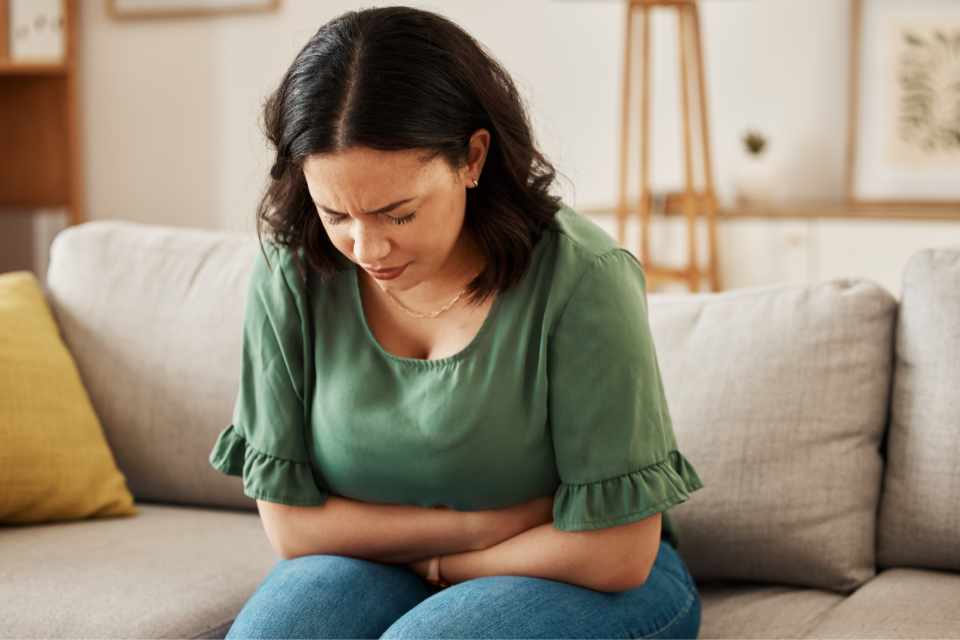If you have irritable bowel syndrome and are currently receiving treatment, the chances are, that your answer to this question will be no. In fact, research demonstrates that less than 40% of patients are satisfied with their current irritable bowel syndrome treatment. Which means that in the UK, where an estimated 6.5 to 13 million people suffer from IBS, millions of people are probably not receiving the help they need.
Whilst the main criteria of IBS are abdominal pain, altered bowel habit and bloating or distension, people experience irritable bowel in many different ways. What’s more, the effect that IBS has on their quality of life, is a major factor for many of the people that I see in clinical practice.
Not least because of the time it takes to get a diagnosis, but also because of the barrage of tests that may be offered. Though the criteria for diagnosis of IBS is becoming more specific, in reality it often still relies on ruling out other gut conditions such as coeliac disease or inflammatory bowel disease. Which can delay a diagnosis of irritable bowel syndrome and therefore delays treatment. However, given that many people are disappointed with the treatment offered it seems that modern medicine may not have all the answers.
A relatively new area of research into possible causes and treatment of IBS involves the composition and function of the gut microbiome. The microbiota may comprise over a thousand different bacterial species. The abundance and diversity of species in the gut of a particular person is largely due to a number of factors such as diet, age, geography, medication and environment. In fact, the actual profile of species varies widely in healthy people, but more so between healthy and unhealthy people.
A disruption in the composition of the microbiome, referred to as dysbiosis, is found in conditions such as IBS and other gut disorders. Typically, in irritable bowel syndrome there is a general decrease in the diversity of bacterial species, and specifically in the abundance of the ‘friendly’ species Bifidobacterium and Lactobacillus.
Since dysbiosis is a feature of IBS, could improving the composition of the microbiome relieve IBS symptoms? Scientists are working hard on this to find an answer. In this 2018 review, researchers looked at evidence from studies of probiotics, prebiotics and diet relating to irritable bowel syndrome.
We know that diet is a significant factor influencing the composition of the gut microbiome. In common with other work, here again the low FODMAP diet is suggested as an effective option for many IBS sufferers. With the caveat that other common food triggers and various food additives, such as artificial sweeteners could be relevant.
With respect to probiotics the researchers conclude that whilst bacteria may have a substantial role in IBS it is too early for them to make recommendations for the management of IBS via specific probiotics and microbiome manipulation. However, they suggest that based on available evidence it seems that probiotic supplements consisting of multiple strains of bacteria rather than single strains may be more effective in IBS. In addition, looking at the evidence from several studies it seems that more is not necessarily better. Supplements that contain a concentration of 10 billion CFU/day or less, appear to provide a better outcome for IBS sufferers.
If you liked this article you might also like:
Do I have irritable bowel syndrome?
The benefits of probiotics for IBS
Could SIBO be the cause of IBS?
low FODMAPs food list








0 Comments